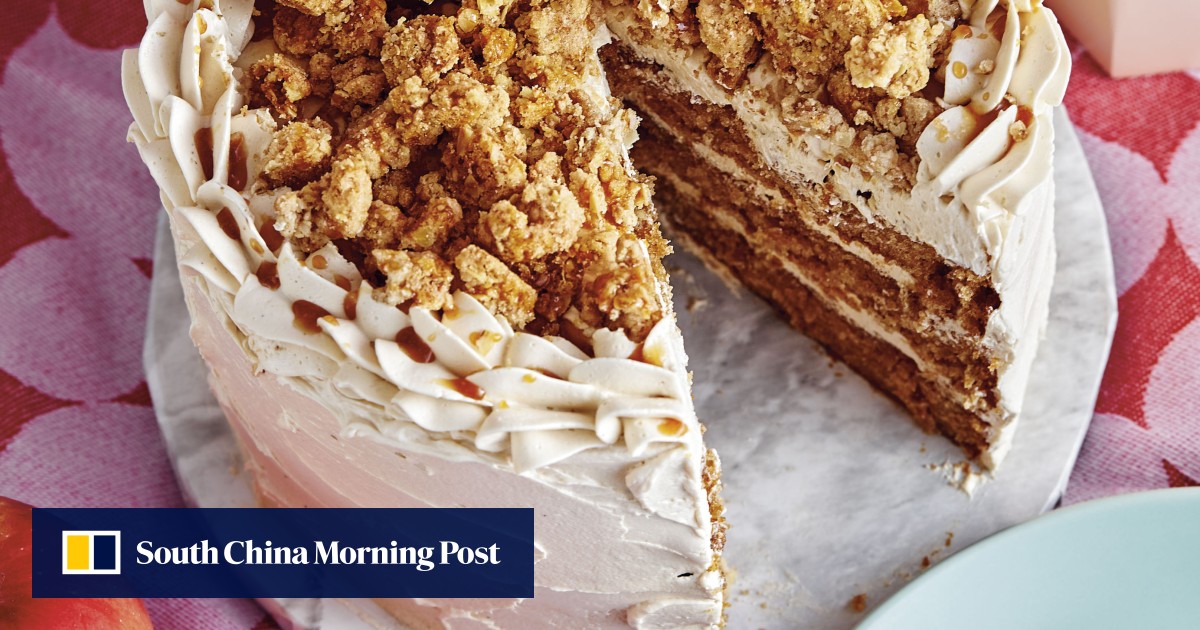“Even beginners can jump in and make something, and people with more experience can discover new flavours and new techniques,” says the fourth-generation Chinese-Canadian in an interview in Vancouver.
In her book, Sung writes: “A positive attitude can really make the difference in life. As a cancer survivor, I know this to be true – trying to keep positive and finding the twisted humour through cancer treatment helped buoy me up, and being appreciative of life’s many gifts is something I’ve learned through experience.
“Life is precious, and it will fly by, and the days will pass no matter what – so you may as well try to live it with an easy laugh. Thankfully, delicious cake has the ability to put a smile on quite a few faces.”
Why ‘Malaysian cooking is essential’ for vegan recipe blogger WoonHeng Chia
Why ‘Malaysian cooking is essential’ for vegan recipe blogger WoonHeng Chia
Sung’s casual, chatty tone shines through in Plantcakes. The book offers suggestions for the use of various vegan ingredients, from egg-white alternatives such as soy-based Versawhip, to aquafaba, the thick liquid in canned chickpeas – used in meringues and Swiss meringue buttercream – and plant-based butters.
She also explains how Oreo biscuits are “accidentally vegan” – but you’ll have to read the book to learn why.
Plantcakes is divided into sections, including cakes to snack on, such as almond butter banana snacking cake; two- and three-layer cakes such as party time chocolate raspberry ruffle cake, and black sesame brittle cake with coconut Swiss meringue buttercream; and cupcakes, such as “They Don’t Know They’re Healthy” banana chocolate chip cupcakes.
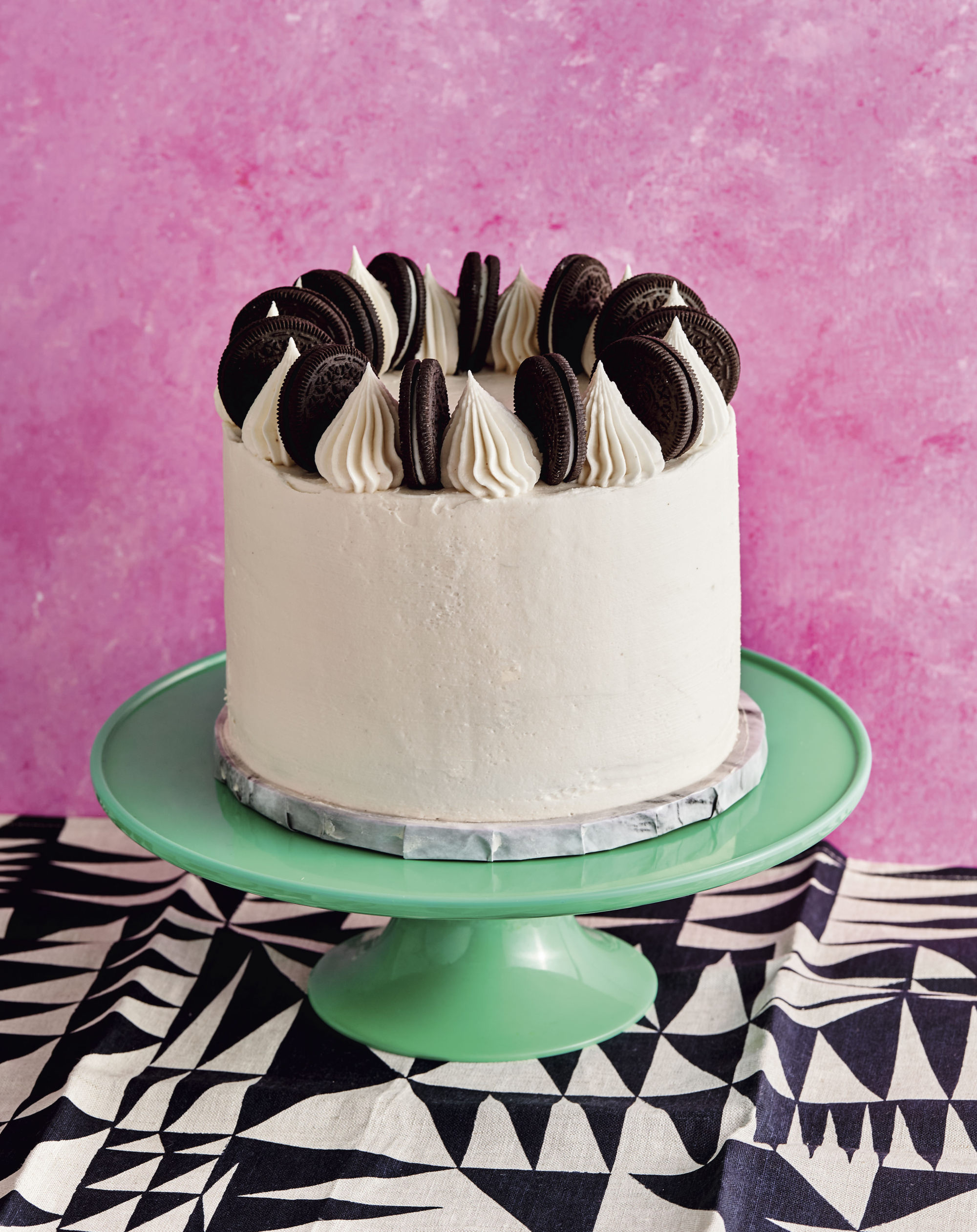
Today Sung describes herself as a vegetable-forward person who consumes a diet of mostly plant-based foods.
She was studying at the University of Victoria in British Columbia in 1994 when she began dabbling in vegetarianism. She didn’t understand nutrition well at that time, so she was having lots of cream of mushroom soup, peanut butter and cereal.
When she met her vegan boyfriend, Rich, who is now her husband, in 2001, Sung says they ate a lot of toast and “ants on a log” – celery sticks with peanut butter topped with raisins.
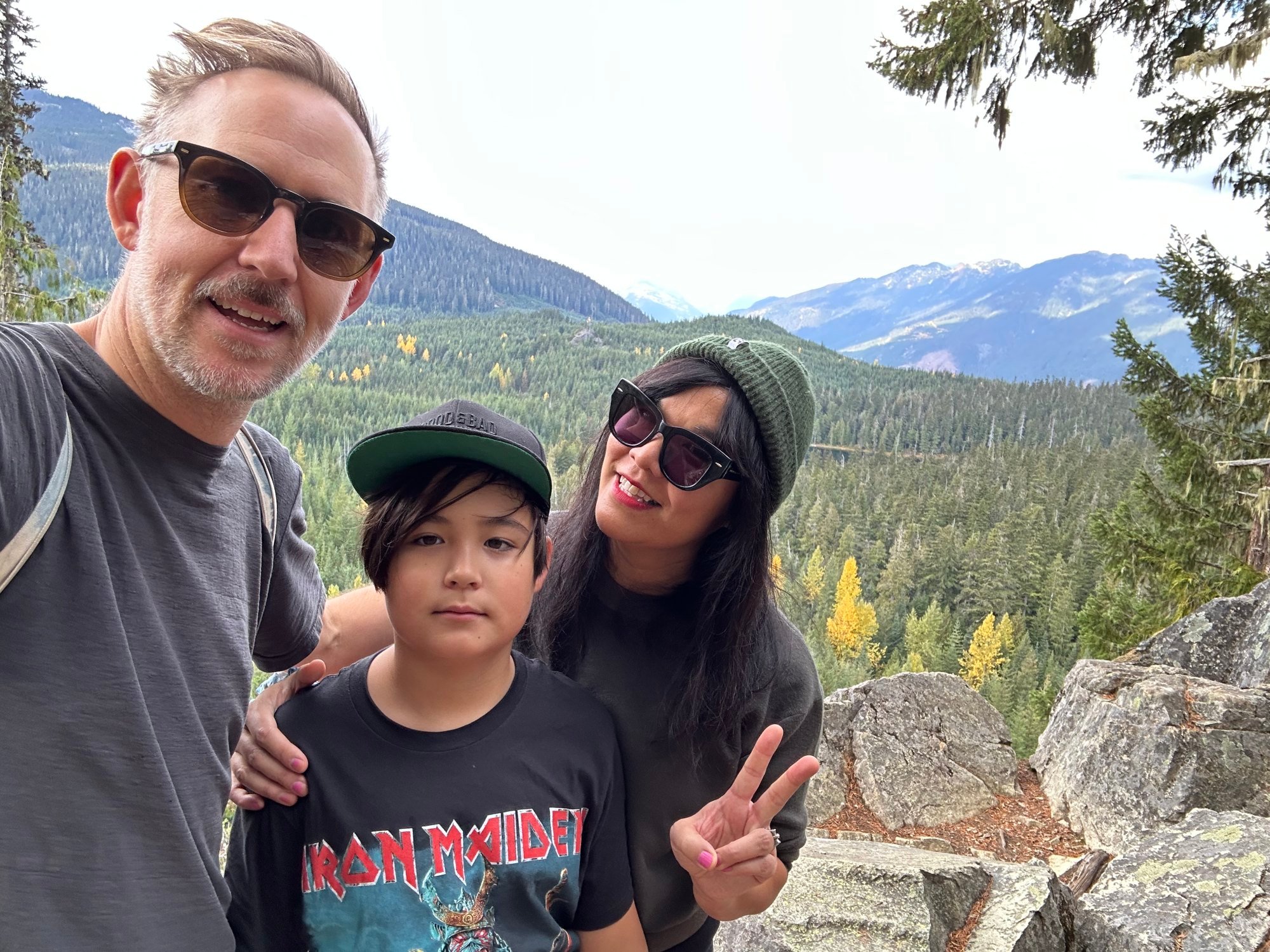
“And of course, that [he was vegan] was so scary to me. Because I was like, oh my gosh, I just felt so nervous to eat anything that was not vegan around him,” she recalls.
“It really piqued my curiosity, and made me more aware of what I was eating and the choices around us.”
She began baking in 2008 for her many friends who happened to be vegan. She tweaked conventional recipes, replacing dairy milk with coconut milk, and using egg replacers, for example.
She was pleasantly surprised when they turned out well, and she kept working to improve on the taste and texture.
One of her favourite tricks is making chocolate ganache using coconut milk. She heats up the coconut milk, then adds chocolate and lets it sit for about 10 minutes, then whisks them slowly together.
“As that cools and thickens, you can use it to frost cakes, or whip it into a whipped frosting.”
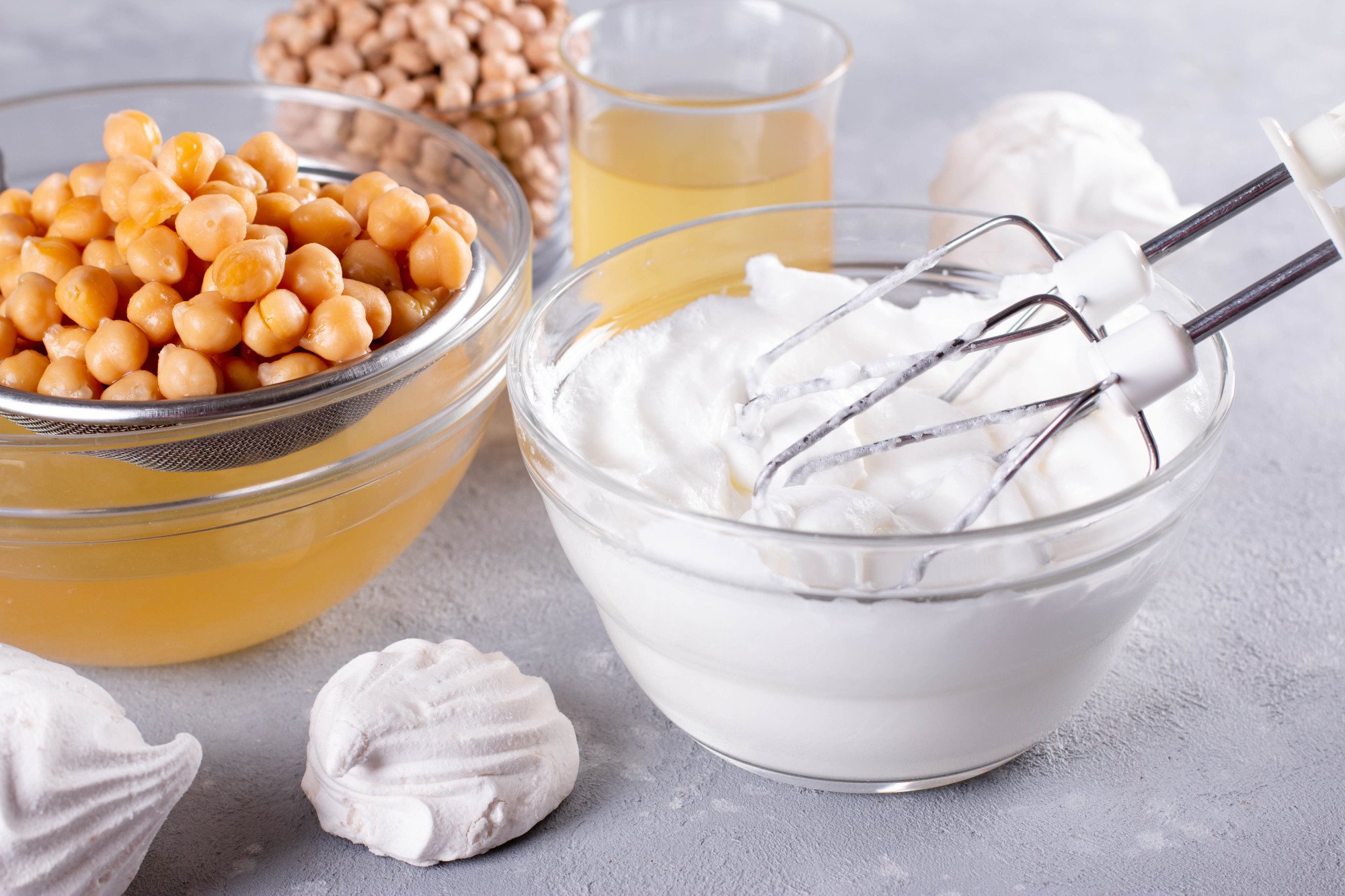
Another is using aquafaba for Swiss meringue buttercream to make her cakes look pretty. In her book she advises reducing the liquid from tinned chickpeas on the stove to make it thicker before adding sugar.
After letting it cool overnight in the fridge, it can be whipped again before adding other ingredients for specific buttercream recipes.
After using the aquafaba, what can one do with all the chickpeas?
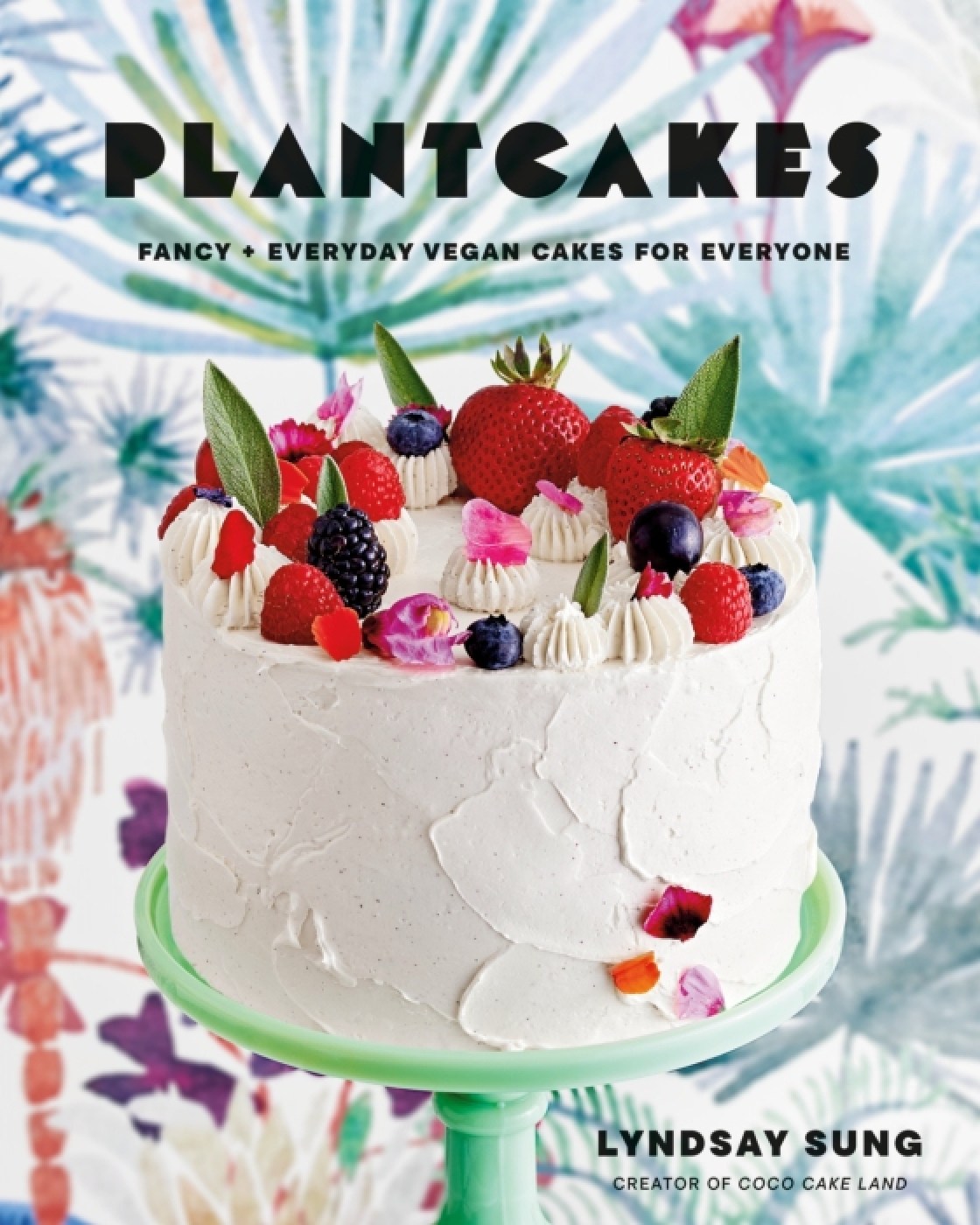
Plantcakes is Sung’s second book. Her first, Coco Cake Land, published in 2018, focused on how to make colourful and delicious cakes look kawaii – Japanese for cute – to appeal to children such as her son Teddy.
“Often a vegan cookbook or cake book will focus more on healthy ingredients, not using conventional sugar or fats and butter, but mine is just like a party book,” Sung says.
Sung’s Instagram account has attracted nearly 90,000 followers. Her nascent YouTube channel has about 700 subscribers, attracting those keen to learn how to make and decorate eye-catching cakes.
Sung has a final tip for those wanting to try their hand at making plant-based cakes.
“I love using fresh fruit and edible flowers. It’s such an easy way to add pops of colour and make it look more finished when you have simple things on top, or colourful berries, and flower petals,” she says.
Is chocolate good for you? Yes and it can even boost libido. But eat wisely
Is chocolate good for you? Yes and it can even boost libido. But eat wisely

